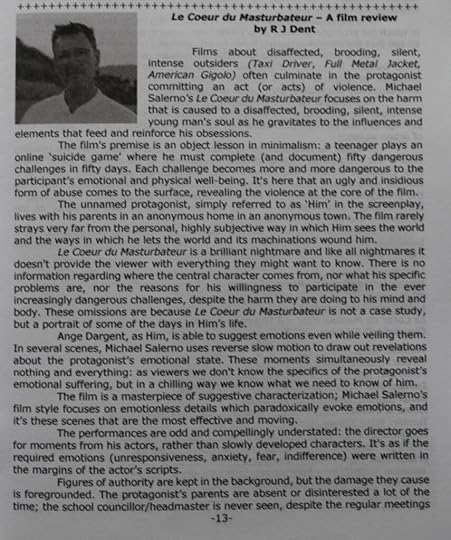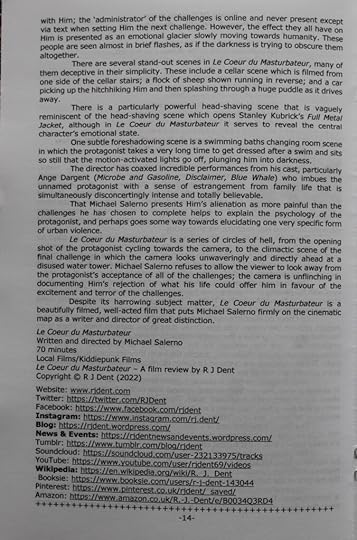R.J. Dent's Blog, page 8
January 25, 2023
Le Coeur du Masturbateur – a film by Michael Salerno
January 22, 2023
Thomas Moore’s review of The Songs of Maldoror
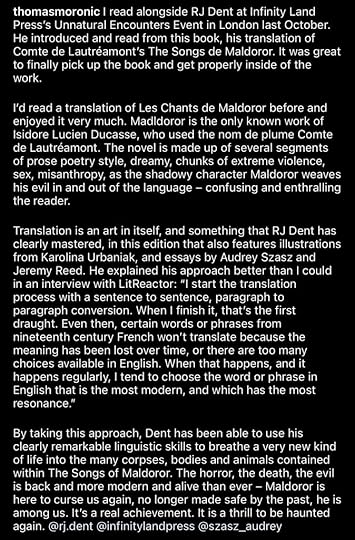
Thomas Moore, the author of Alone, In Their Arms, Forever, A Certain Kind of Light, and the forthcoming Your Dreams, is one of England’s most elegant and ethereal prose stylists.
He has written a few words about my English translation of The Songs of Maldoror, published by Infinity Land Press.
Thank you, Thomas Moore.
The LitReactor interview can be read here: https://litreactor.com/interviews/interview-with-songs-of-maldoror-translator-rj-dent?fbclid=IwAR3SYzbIgf4CmS5qCjA9Bg-U-SszkL8MflqYfKr0Dvy5olmYoCNV2PvQEh0
Details of my English translation of The Songs of Maldoror can be found here: http://www.rjdent.com/the-songs-of-maldoror-2/
Details of Thomas Moore’s books can be found here: https://linktr.ee/thomasmoronic
January 13, 2023
Capital of Pain by Paul Éluard
Translated from the French into English by R J Dent
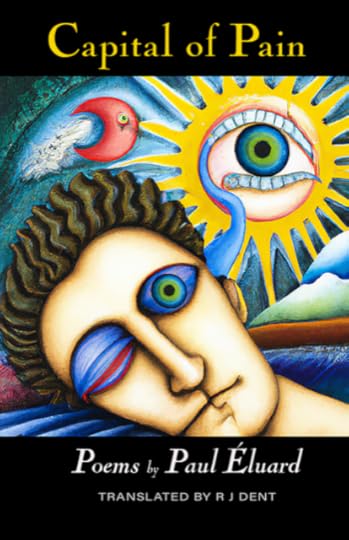
Capital of Pain (Capitale de la douleur) is a book of poems by French surrealist poet Paul Éluard.
When Paul Éluard’s Capital of Pain was published it in 1926, it caused a sensation. Generally considered to be Éluard’s most powerful poetry collection, one critic wrote: ‘In Capital of Pain, Éluard writes poetry that is pure, spontaneous and intense.’
True to the tenets of surrealism, Paul Éluard’s poems in Capital of Pain contain details of his controversial and complicated personal life. As the collection’s name suggests, Capital of Pain is a document of the poet’s private anguish and personal agony made public. Consequently, the poetry in Capital of Pain crackles with the immense power of autobiography viewed through the lens of surrealism .
Today Paul Éluard is considered to be the most gifted of the French surrealist poets and Capital of Pain his surrealist masterpiece.
In his 1965 film, Alphaville, Jean-Luc Godard had his main characters, Lemmy Caution and Natacha von Braun, both reading Eluard’s book at various times.
In a promotional photo for Alphaville, Anna Karina, who played Natacha von Braun, can be seen holding a copy of Capitole de la douleur.
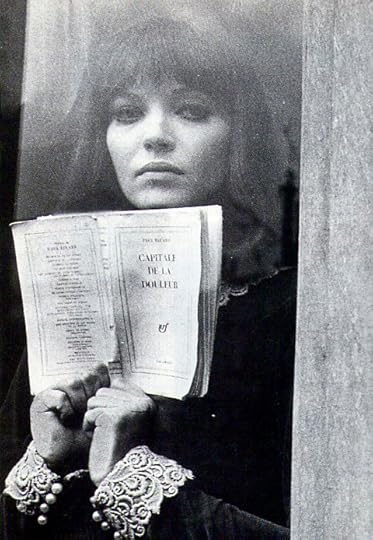 Alphaville promo photo: Anna Karina holding a copy of Capital of Pain.
Alphaville promo photo: Anna Karina holding a copy of Capital of Pain.Capital of Pain by Paul Éluard, translated into modern English by R J Dent, was published by Black Scat Books on February 16th, 2023.
Book details:
Title: Capital of Pain
Author: Paul Ėluard
Translator: R J Dent
Publisher: Black Scat Books
Publication Date: February 16th, 2023
Language: English
Format: Paperback
Pages: 132
ISBN-13: 979-8986922485
Item Weight: 7 ounces (198.447 grams)
Dimensions: 5.06 inches x 0.33 inches x 7.81 inches (12.85 cm x 0.84 cm x 19.84 cm)
Book details by the publisher: https://blackscatbooks.com/2023/02/16/surreal-deal/
Purchase link (US): https://www.amazon.com/dp/B0BVT3QXGD/
Purchase link (UK): https://www.amazon.co.uk/dp/B0BVT3QXGD/
Purchase link (Aus) https://www.amazon.com.au/dp/B0BVT3QXGD/
Translator’s website: www.rjdent.com
Capital of Pain by Paul Eluard
Translated from the French into modern English by R J Dent

Capital of Pain (Capitale de la douleur) is a book of poems by French surrealist poet Paul Eluard. The collection was first published in 1926.
In 1965, Jean-Luc Godard adapted several of the concepts in Éluard’s book in his film Alphaville and quoted from it throughout. The main character, Lemmy Caution, can be seen to be reading the book.
In a promotional still, Anna Karina, who played Natacha von Braun, can be seen holding a copy of Capitole de la douleur.
 Anna Karina (as Natacha von Braun) promoting Capital of Pain.
Anna Karina (as Natacha von Braun) promoting Capital of Pain.Capital of Pain by Paul Eluard, translated into modern English by R J Dent, will be published in 2023 by Black Scat Books.
Book details: https://blackscatbooks.com/forthcoming-4/
Her Three Daughters by Pierre Louÿs
Translated into modern English by R J Dent
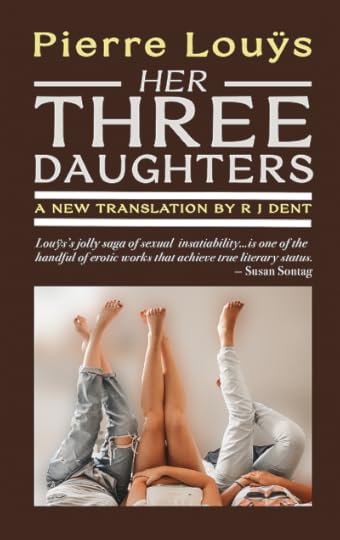
Her Three Daughters by Pierre Louÿs, translated from the French into modern English by R J Dent, is now available from New Urge.
Synopsis: A young man moves into a new apartment and receives an advanced education in the permutations of sex from a mother and her three—surprisingly well-educated—daughters. Part memoir, part confession, Her Three Daughters is Pierre Louÿs at his erotic best.
“Louÿs’s jolly saga of sexual insatiability…is one of the handful of erotic works that achieve true literary status.” — Susan Sontag
“Among all Pierre Louÿs’s books, this is undoubtedly my favourite, the most moving, most uplifting and sometimes the most terrifying, the purest, the least artificial and the most modern. A masterpiece.” —André Pieyre de Mandiargues
“Amazing! It’s erotica, but high-quality erotica!” — Jean d’Ormesson
“One of the most moving books ever written on the fatality of desires.” —Annie Le Brun
“Here, without question, is Pierre Louÿs’ erotic masterpiece. The strength of the novel does not come from its eventual biographical value, but from the constant transgression that manifests itself within it—containing all the erotic themes dear to the writer, elevated to a singular power. We also find here the key qualities of Louÿs’ style: the liveliness of the dialogue, the precision of the language, the irony, the relentlessness with which certain obscene words are constantly repeated. This scandalous book constitutes a total profanation and derision of the bourgeois universe to which the author belonged.” —Jean-Paul Goujon
Book details:
Title: Her Three Daughters
Author: Pierre Louÿs
Translator: R J Dent
Language: English
Publisher: New Urge
Publication Date: February 13, 2023
ISBN: 979-8986922478
Format: Paperback
Pages: 340
Dimensions: 12.85 cm x 2.16 cm x 19.84 cm (5.06 inches x 0.85 inches x 7.81 inches)
Weight: 15.5 ounces (439.41 grams)
Publisher’s book details: https://blackscatbooks.com/2023/02/26/all-in-the-family/
Purchase link (UK): https://www.amazon.co.uk/dp/B0BW2GGCQP
Purchase link (US): https://www.amazon.com/dp/B0BW2GGCQP
Purchase link (Aus): https://www.amazon.com.au/dp/B0BW2GGCQP
Translator’s website: www.rjdent.com
Her Three Daughters by Pierre Louys
Translated into modern English by R J Dent

Her Three Daughters by Pierre Louys, translated from the French into modern English by R J Dent, will be published in 2023 by Black Scat Books.
Synopsis: A young man moves into a new apartment. Before long, he meets his neighbors – a woman aged forty and her three daughters. One by one, all four women begin to give the young man a comprehensive sexual education.
Her Three Daughters has been described by Annie Le Brun as ‘one of the most moving books ever written on the fatality of desires.’
Pierre Louys wrote Trois Filles de leur mère in around 1910, although it was first published, posthumously, in 1926.
Book details: https://blackscatbooks.com/forthcoming-4//
December 31, 2022
R J Dent reads from The Songs of Maldoror
Book launch of The Songs of Maldoror
Infinity Land Press’ Unnatural Encounters multi-media event
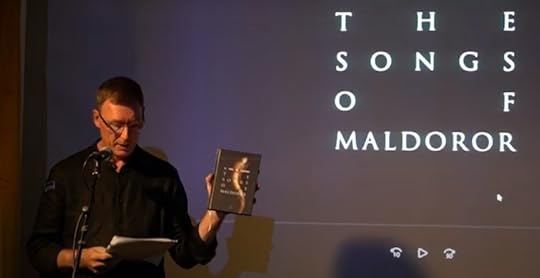
The book launch of R J Dent’s English translation of The Songs of Maldoror, published on 1st October 2022 by Infinity Land Press was filmed and photographed.
The video of R J Dent reading extracts from The Songs of Maldoror is available here: https://www.youtube.com/watch?v=zawc6DlFcn4&t=1shttps://www.youtube.com/watch?v=zawc6DlFcn4&t=1s
The details of the book; dimensions, weight, pages, illustrations, etc, are available here: http://www.rjdent.com/the-songs-of-maldoror-2/
and here: https://www.infinitylandpress.com/the-songs-of-maldoror
December 23, 2022
A Judge Deceived by the Marquis de Sade
Translated into modern English by R J Dent
Published by New Urge Editions

A Judge Deceived is a novella written by the Marquis de Sade and published in 1926 in his short story collection, Stories, Tales and Fables.
According to Sade’s footnote, A Judge Deceived ‘was completed on July 16, 1787, at 10 o’clock in
the evening’.
A Judge Deceived is now available in R J Dent’s modern English translation.
It is published by New Urge Editions as #24 in the Pocket Erotica series.
ISBN 13: 979-8-9869224-3-0
Pages: 174
Language: English
Format: Paperback
October 23, 2022
The Songs of Maldoror Book Launch – 1st Oct 2022

Infinity Land Press launched R J Dent’s modern English translation of Le Comte de Lautréamont’s subterranean classic, The Songs of Maldoror on 1st October 2022.
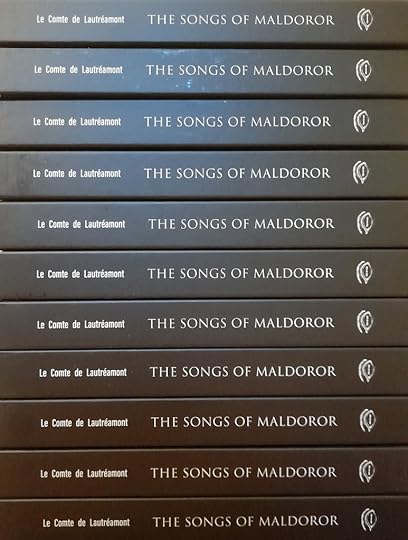
The Songs of Maldoror is now available as a hardback, illustrated edition with 37 full colour illustrations throughout. The illustrations were created by Karolina Urbaniak and they capture the dark undercurrents and savage beauty of Lautréamont’s deeply disturbing poetic novel of a man’s obsession with death, mutilation, murder and mayhem. The book includes a Foreword by Audrey Szasz and an Afterword by Jeremy Reed.

At the launch, R J Dent read a short extract from each canto. The readings were accompanied by soundscapes and projected illustrations from The Songs of Maldoror. Images and soundscapes were created by Karolina Urbaniak.
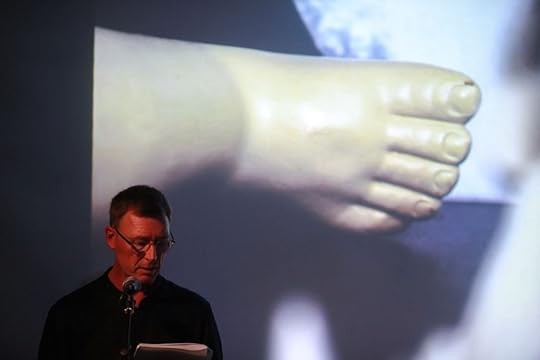
The event and the launch of The Songs of Maldoror was photographed and filmed. Audio recording were also made of all of the readings.

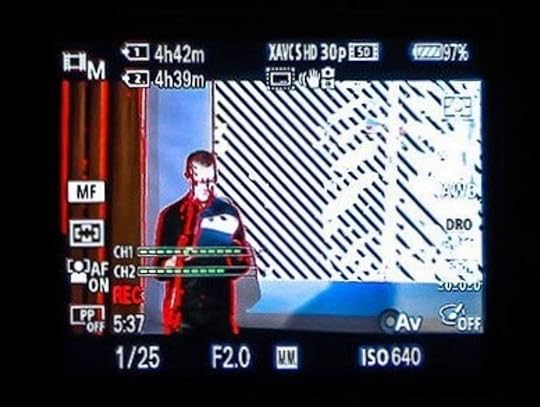
R J Dent’s modern English translation of Le Comte de Lautréamont’s The Songs of Maldoror is now available from Infinity Land Press.
Book details:
Title: The Songs of Maldoror
Author: Le Comte de Lautréamont
Translator: R J Dent
Illustrator: Karolina Urbaniak
Foreword: Audrey Szasz
Afterword: Jeremy Reed
Publisher: Infinity Land Press
ISBN: 978-1-8382803-7-6
Format: Hardback
Dimensions: 210mm (8¼“) x 148mm (5¾”)
Weight: 672 grams (1.48 lbs)
Pages: 288
Language: English
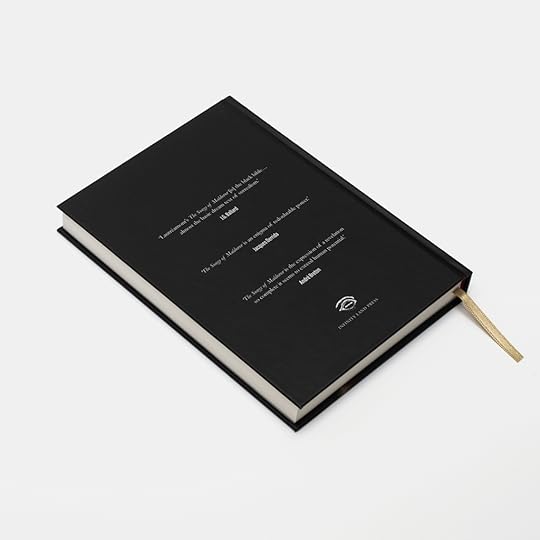
The Songs of Maldoror in R J Dent’s modern English translation is available from Infinity Land Press here: https://www.infinitylandpress.com/the-songs-of-maldoror
Book details on http://www.rjdent.com are available here: http://www.rjdent.com/the-songs-of-maldoror-2/
John Wiseniewski’s interview with R J Dent, discussing, the Marquis de Sade, Alfred Jarry and The Songs of Maldoror can be read here: https://www.greatweatherformedia.com/greatweatherformediacom/2022/9/27/an-interview-with-rj-dent
Photo credits:
Book photos: Karolina Urbaniak
Event photos: http://www.tommophoto.com/
October 4, 2022
Le Comte de Lautréamont’s The Songs of Maldoror
Translated into modern English by R J Dent
Published by Infinity Land Press
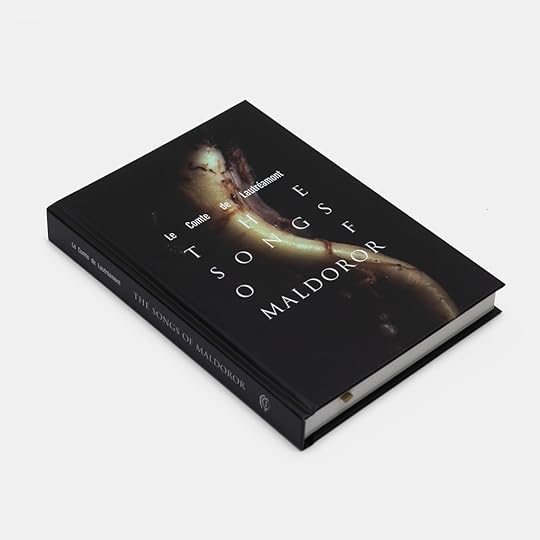
‘The Songs of Maldoror‘ written and published between 1868 and 1869 by Le Comte de Lautréamont – the nom de plume of the Uruguayan-born French writer Isidore Lucien Ducasse – is a dazzlingly macabre novel consisting of six superlative cantos. Overflowing with lucid poetic imagery and saturated with sublime malevolence, it channels the ominous dynamism of the most exquisite nightmares and perfidious fantasies.
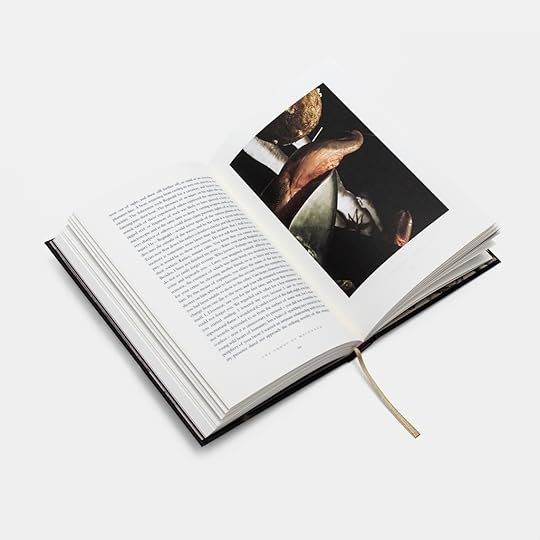
A jewel in the crown of literary cruelty, this visionary masterpiece of prose-poetry was rediscovered by the Surrealists in the early 20th century, an arcane text emerging from obscurity to be hailed as a dark progenitor of their movement.

‘Lautréamont’s The Songs of Maldoror [is] the black bible… almost the basic dream text of surrealism.’ J.G. Ballard
‘The Songs of Maldoror is an enigma of redoubtable power.’ Jacques Derrida
‘The Songs of Maldoror is the expression of a revelation so complete it seems to exceed human potential.’ André Breton
Translated into modern English by R J Dent
Illustrated by Karolina Urbaniak With essays by Audrey Szasz and Jeremy Reed
Book details here: https://www.infinitylandpress.com/the-songs-of-maldoror
[image error]
